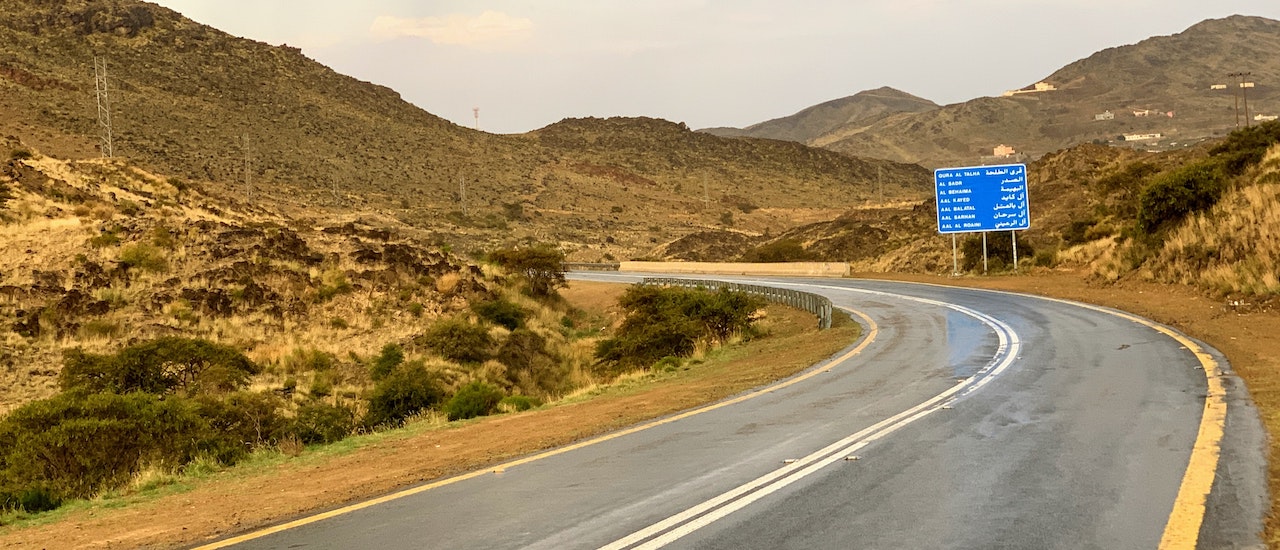In September the Internet Society, in cooperation with Middle East Network Operators Group, held an online workshop on Internet Exchange Points (IXPs). This was part of a workshop series launched by the Internet Society to foster open dialogue and coordinate with governments and other stakeholders to achieve digital transformation across Arab countries. Last year, workshops included the participation of several governments, including Saudi Arabia, Kuwait, Oman, Bahrain, and Jordan.
These discussions provided a framework for two policy documents: Middle East & North Africa Internet Infrastructure Report and Internet Infrastructure Security Guidelines for the Arab States. The reports show that supporting and developing the few existing regional IXPs, plus creating new ones, is an essential requirement for developing the Internet in the region.
The September workshop was divided into two parts: In the first part, a number of experts from Africa, Europe, and Asia shared their experiences in establishing and operating IXPs. The second part was an open discussion with participants.
The workshop aimed to explain the role of each stakeholder in establishing and operating IXPs – in addition to reviewing the best practices applied around the world, drawing on experiences from Italy to Pakistan.
IXPs create a direct path for exchanging traffic – in order to make the Internet cheaper, faster, and more accessible to users around the world. The Arab region lacks a number of these points, driving the need to create more IXPs and develop existing ones.
During the September session, I spoke about the Internet Society’s objectives: to increase access and stability of Internet services in the short term – and to ensure that future growth is based on a solid foundation, making sure IXPs are located in the right place.
The session was moderated by Yousef AlHusayan, who spoke about how technical problems were the easiest to solve in his experience with IXPs. Focusing on only finding solutions for technical issues may be focusing on the wrong problems. It is vital to put in place the right policies and reach an understanding between various beneficiaries. The problem that needs to be addressed is one of which comes first, the chicken or the egg. Currently, Internet service providers are waiting for content creators to provide content, while content creators are waiting for these companies to provide the necessary infrastructure.
Mauro Magrassi, chief technology officer of MIX IXP in Italy, spoke at length about IXPs’ conditions in Italy and the challenges faced in their beginnings. He provided a historical overview of the IXP, which was established in 2000 and is now at a capacity of over 6.8 Tbps with more than 200 connected networks. He also spoke about the principles of planning their IXP from locating data centers, selection criteria, and the technical challenges they faced.
Ghislain Nkeramugaba, a regional IXP consultant in Africa, started by defining IXPs and exploring the current situation around the world, pointing to the shortage of IXPs in the Middle Eastern and North Africa. He went on to describe the various administrative structures of IXPs and their success factors, which include having an officially registered entity and creating a workable plan towards building a community around IXPs.
One of the founders of the Pakistan IXP, Ahmed Bakht, who is also in charge of digital security at the Pakistan Telecommunications Organization, spoke about the experience of Pakistan and presented numbers and statistics on the impact of IXPs on response speeds between different networks.
Finally, the Internet Society’s Senior Director of Internet Technology and Development, Michuki Mwangi, spoke about best practices in establishing and operating IXPs, based on his experience with Internet exchanges all over the world, including the Middle East.
The experts answered questions about the ideal model for establishing a country’s first IXP and their role in reducing the depletion of foreign cash reserves. This is explored in the Internet Society report Anchoring the African Internet Ecosystem: Lessons from Kenya and Nigeria’s Internet Exchange Points Growth, which shows that telecom companies saved millions of dollars by setting up in-country IXPs instead of paying international operators.
The second part of the workshop was a closed session of discussions between governmental experts from several Arab countries about the challenges and difficulties facing the region in establishing IXPs. They also discussed the various opportunities available, given the increasing demand in the region for technical solutions and the need for states and government agencies to regulate this sector.
The Internet Society plans on enhancing its interactions with governments and technical communities in the Middle East through the next year, including supporting the establishment and operation of IXPs in the region.
Read Middle East & North Africa Internet Infrastructure Report and Internet Infrastructure Security Guidelines for the Arab States.
Image by A M via Unsplash

